Abstaract
This article analyzes various roles of development practitioners (called outsiders) in five different cases of community-based development (CBD) in rural Iran. It provides a review of the literature on CBD and identifies three main types of roles fulfilled by outsiders to support indigenous development processes. These include preparing the ground, activating community-based organizations as participatory institutions, and taking on the role of brokers who bridge the gap between the local community and outside institutions—especially the state and market. From the analysis of empirical qualitative data collected during fieldwork in Iran, the article concludes that while the roles played by the outsiders in CBD interventions there correspond mostly to those identified in the literature, there are differences in their strategies of intervention and activities under each role which correspond with their contextual contingencies. Recognizing this variation is needed to deepen the understanding of CBD practices and help practitioners think about alternative perspectives and approaches.

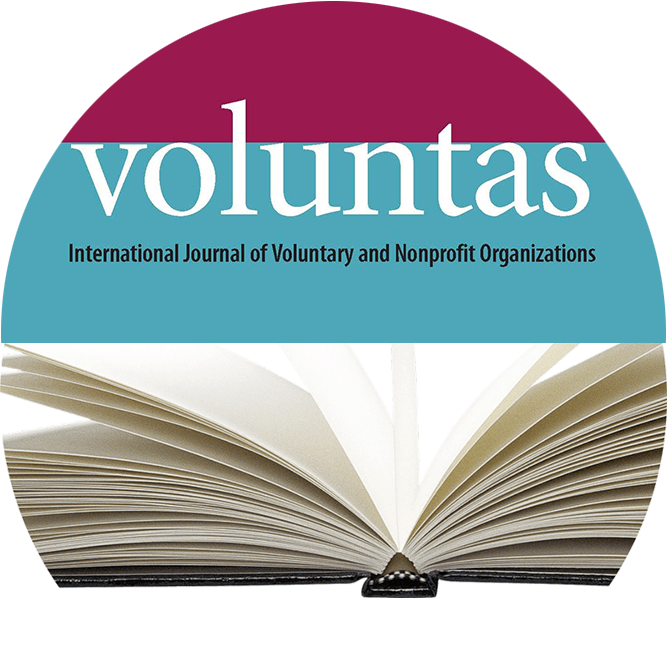
 عليرضا نفيسي
عليرضا نفيسي Ali Maleki
Ali Maleki.jpg)
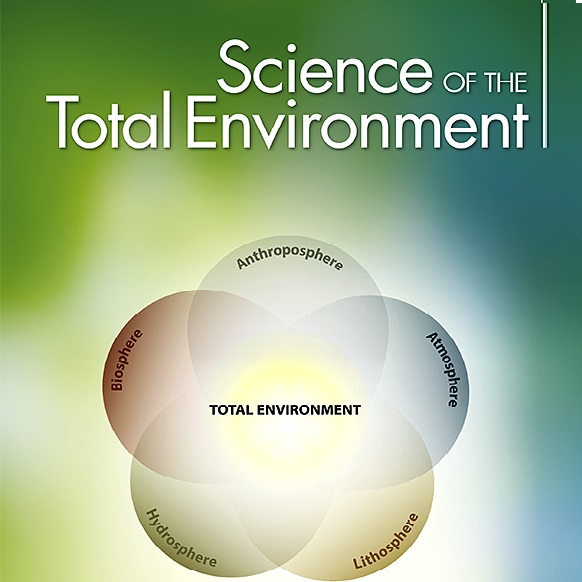

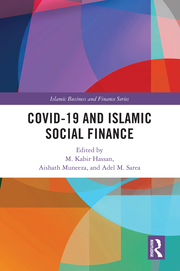
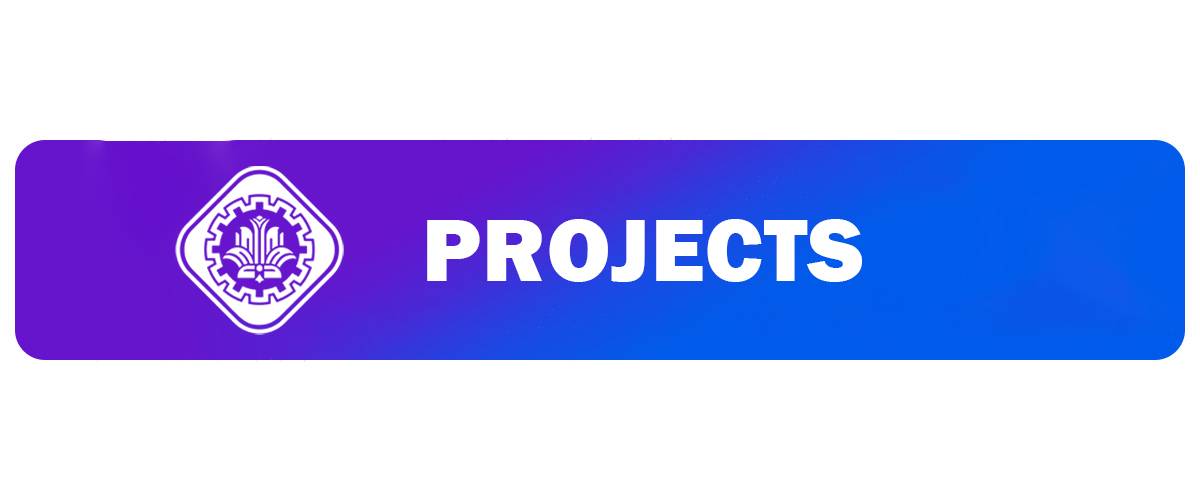

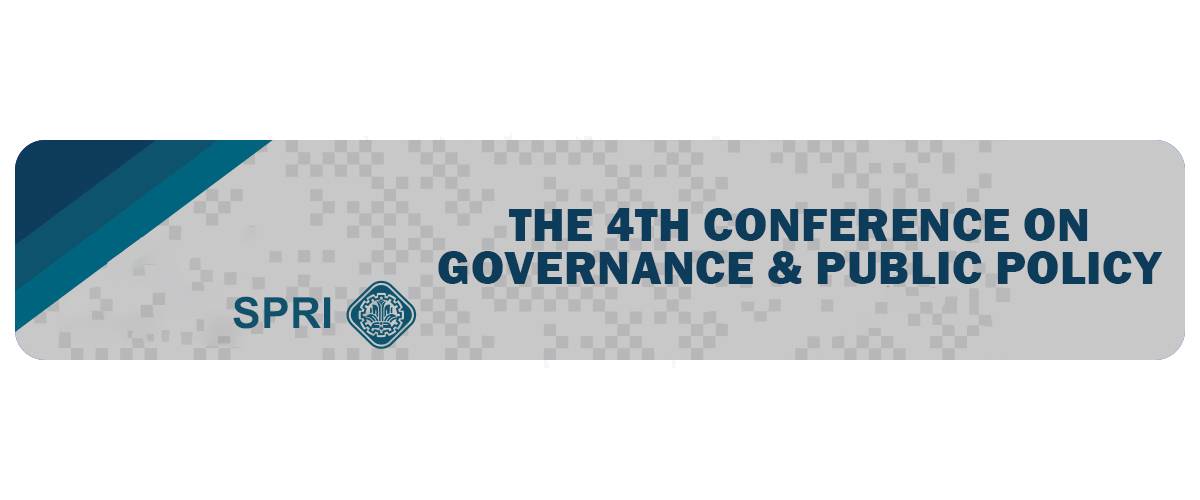
.jpg)